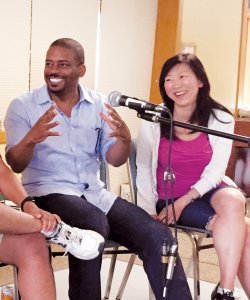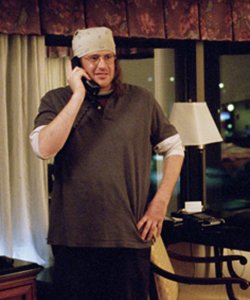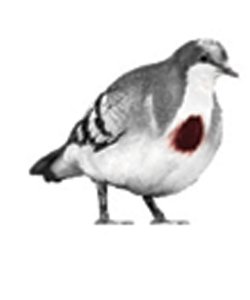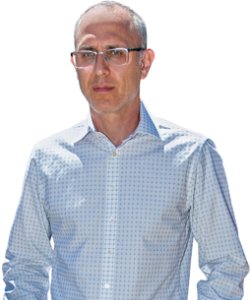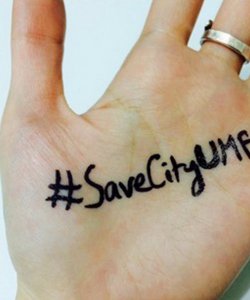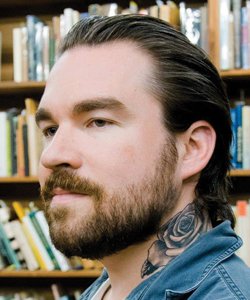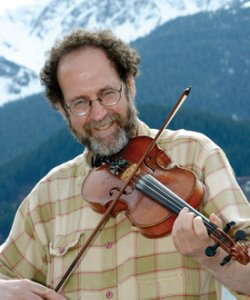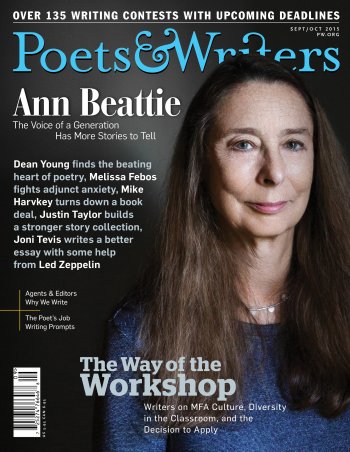
The Sept/Oct 2015 issue features profiles of award-winning author Ann Beattie and poet Dean Young; in-depth interviews with 37 INK publisher Dawn Davis and BuzzFeed Books editor Isaac Fitzgerald; our ninth annual special section on MFA programs, including essays on the culture of graduate programs in creative writing and a discussion of diversity and the MFA; and much more.








